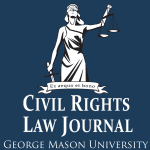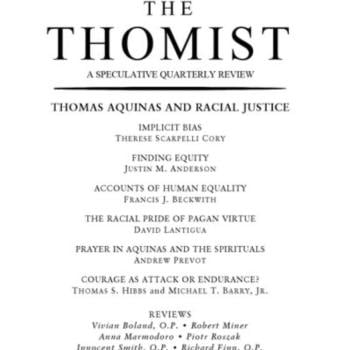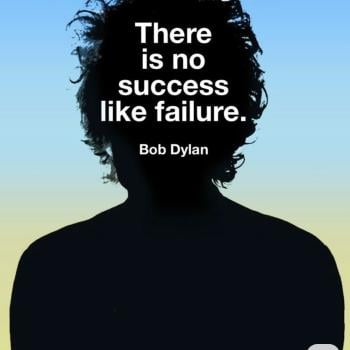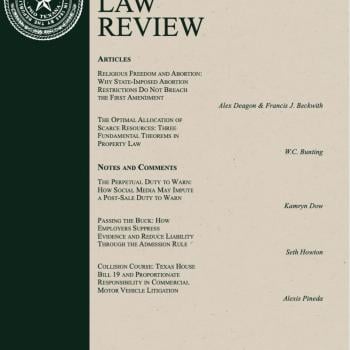I just published an essay over at Public Discourse. Entitled “Is Bias Actually Bad?,” it is a review of the book, Bias: A Philosophical Study, authored by Princeton University philosopher, Thomas Kelly. Here is how it begins:
There is a lot of talk these days about bias. We are told that the media have a left-wing (MSNBC, Washington Post, New York Times) or a right-wing (Fox News, Wall Street Journal editorial page) bias; that employers should watch out for unconscious or implicit bias in hiring and employee evaluations; and that colleges and universities should (or shouldn’t) create a bias report system in order “to document and respond to bias-related incidents experienced by community members.”
This is not to say that concern about bias is of recent vintage. We have long thought that our criminal and civil courts are places in which justice is best served if trials are conducted by unbiased judges and verdicts delivered by unbiased juries. It is an ancient legal norm that can be found in the Old Testament, the New Testament, the Qur’an, the Magna Carta, Thomas Aquinas’sSumma Theologiae, and Blackstone’s Commentaries.
Yet not all bias is pejorative or contrary to the demands of justice. Imagine an example: the fictional case of Ms. Guided, a parent patronizing the public pool, who saves the drowning Tony (a stranger’s child) rather than the drowning Tina (her own child), because, as she explains, “When I saw that I could only save Tony or Tina but not both, and I realized that Tony’s future prospects were better than Tina’s, I chose to suppress my implicit bias, act impartially, and save Tony.” Ms. Guided’s deliberation—though seemingly rational and impartial—would be judged by most of us as callous indifference to the fate of a child to whom she has a special obligation. On the other hand, if Ms. Guided were Ms. Lifeguard, a public employee hired to protect all the pool’s patrons with impartial consideration, we would most certainly see her choice as tragic but not born of callous indifference.
As should be evident from these examples, our ideas about bias are more complicated than we may initially think. To help us navigate the philosophical puzzles that often arise in serious discussions of bias, Princeton philosopher Thomas Kelly has written a new book, Bias: A Philosophical Study. Although published by an academic imprint, Bias is remarkably accessible to educated non-philosophers. To be sure, like most philosophical writing—even when its prose is clear and its arguments straightforward, as in this case—it has to be read slowly and with great care.
You can read the whole thing here.













